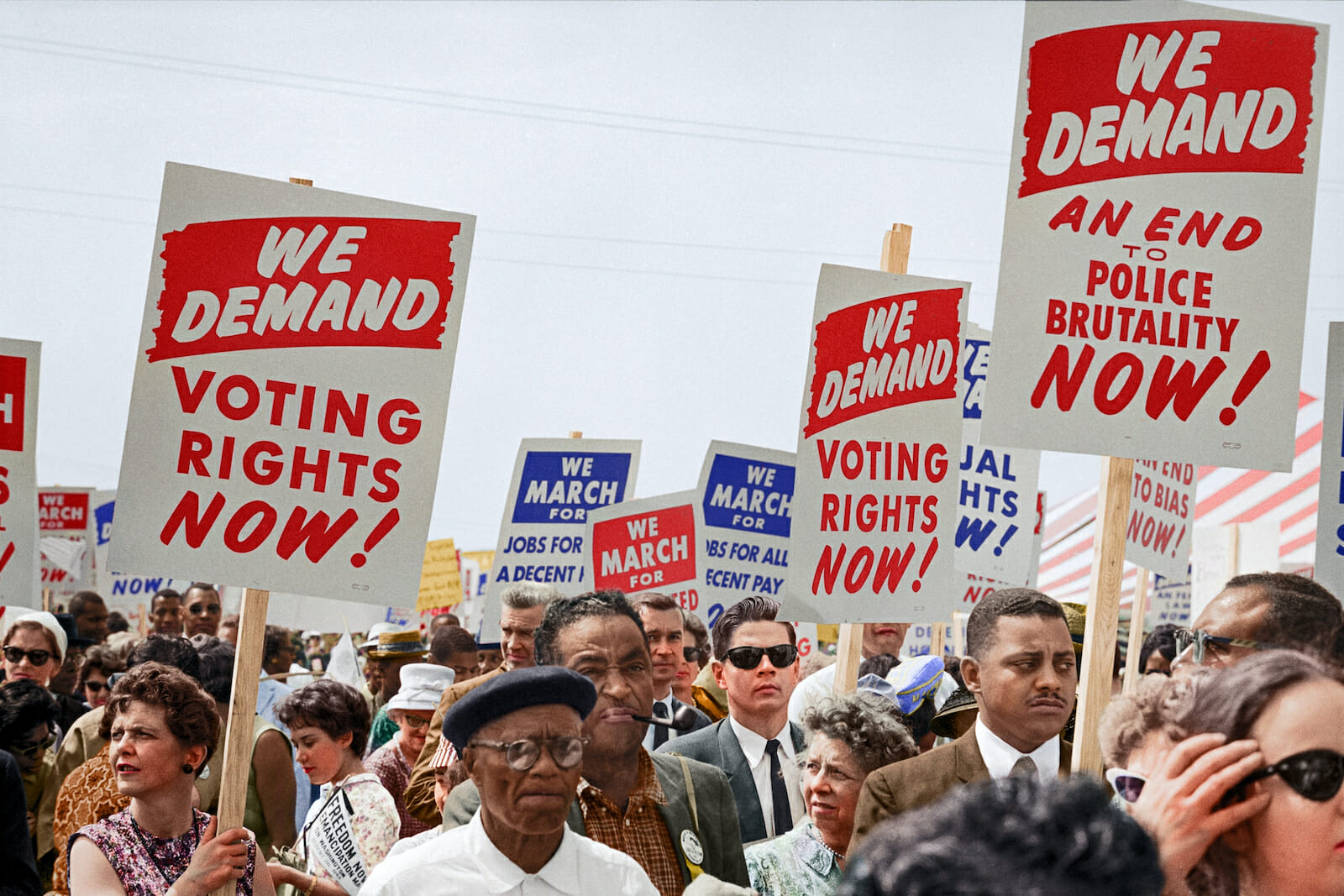
Politics
Why We Should Want Infants to Vote
Despite rhetoric insisting that everyone should vote, no one earnestly believes that every American citizen should have that right. There is a tacit understanding that people under 18 should not be allowed to vote and widespread acceptance in many states that neither should felons and mentally incompetent individuals.
There are debates over expanding voting rights for 16 and 17-year-olds, and Bernie Sanders provocatively insists that Boston marathon bomber, Dzhokhar Tsarnaev, should have the right to vote. However, the question as to whether an eight-year-old, such as the one that Tsarnaev murdered, should be allowed to vote is never considered. If the absence of a moral compass might not preclude one’s right to vote, then what is it about children that Sanders and others find more problematic?
15-year-olds are not deprived of the right to vote because they have a limited grasp of political issues. They can grasp complicated policy or political issues. They are not allowed to vote because they are 15. This is no small distinction. If a person is incapable of making an educated vote, why should their age matter? The same reasons used to disenfranchise young people should apply to the entire population. Doing otherwise is irrational and unjust.
Applying rules with consistency should not be controversial. Voting is debased when people with no knowledge of what they are voting on are free to exercise that right. Given the uncomfortable reality that everyone is content with some degree of disenfranchisement, the issue is not whether some people should be excluded from voting, but who and why.
It seems rational that infants should not be allowed to vote because votes would be cast randomly. There is no reason to have a democratic system if the electorate votes blindly. A great deal of expense and annoyance could be alleviated by a coin toss. A major problem we currently experience, however, is that uninformed voters do not vote randomly. More often than not, uneducated voters decide elections because they misunderstand the same facts, or are persuaded by seductive advertising, and tend to vote alike. An electorate comprised solely of infants placing votes at random would actually be preferable to our current system if we do not want uneducated voters deciding elections. People are certainly free to look at party nominees and draw their own conclusions as to whether random chance could have led to better outcomes.
If infants are disenfranchised because they will vote arbitrarily, shouldn’t we want to bar everyone who votes arbitrarily from voting? Why are the arbitrary votes of infants worse than someone else’s? One obvious answer is convenience, but that is a poor response. It is easy to prosecute criminals who confess to their crimes, but despite the convenience, we still rightly and justly try to convict those who do not.
The rationale for disenfranchising toddlers and children differs because they are less likely to vote indiscriminately. A list of reasons includes concerns over moral reasoning, capacity for abstract thought, knowledge of civics, and lacking a stake by not being a taxpayer. There are others, but the important question of why these problems only matter to the population under 18 is rarely, if ever, brought up. If a voter is incapable of moral reasoning and it is widely accepted that voters need this skill, why should age matter? Certainly, many voters under 18 meet the listed criteria and it is absurd to think knowledge of civics or moral reasoning is magically instilled on one’s 18th birthday. Why exclusively target the population under 18 for possible deficiencies?
If the argument is higher propensity, we do not see this kind of selectivity for the greater good taking place anywhere else. If we are depriving liberties based on likely behavior, shouldn’t we incarcerate everyone between the ages of 20 and 24 given that this age group commits the most murders? I am confident the crime rate would decline as a result, but obviously, it is unjust (and unconstitutional) to imprison people based on how they might behave.
Whatever legitimate features our society believes are essential for casting a vote should be required universally regardless of age. Until this is worked out, justice demands that everyone should be allowed to vote.
